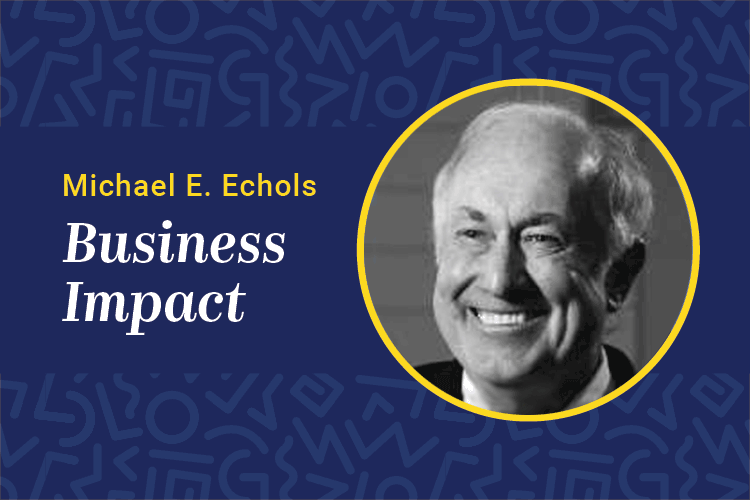 I consider myself a human capital entrepreneur. I left a longstanding position at Bellevue University and with that move shifted from a purely institutional perspective on human capital and learning. My focus is still on human capital investment, as it has been for over a decade. But for most of that time my focus has been on the corporation as the investor, which is still important, and some progress was made.
I consider myself a human capital entrepreneur. I left a longstanding position at Bellevue University and with that move shifted from a purely institutional perspective on human capital and learning. My focus is still on human capital investment, as it has been for over a decade. But for most of that time my focus has been on the corporation as the investor, which is still important, and some progress was made.
However, I would be less than candid were I to imply any great satisfaction with that progress. Some “get it,” but the number is pitifully small. There is much to be done in the corporate arena around human capital investment. So, my perspective is shifting to learning investments around the individual. There are important issues to be addressed here as well.
On the October 12, 2016 edition of CNBC’s Squawk Box, world-renowned strategic thinker Dr. Michael Porter stated his No. 1 priority for America: skills development. I agree wholeheartedly. Individual learning should be a top priority for our nation. For many individuals learning is often an end in itself. It changes who they are at the core. For the corporation, learning is not an end in and of itself. It’s a means to an end, and it’s further from the core of what the corporation is.
Therefore, when it comes to learning, the individual actually owns the asset. This learning asset ownership issue has been the main barrier to accountants, and financial markets that blocks management of learning as an investment and a long-term asset. Within corporations, learning is still being managed as a current period expense. This has crushed advancement of management language, decision rules and valuation methods, all of which have the potential to increase value creation from human capital investments.
There is a price corporations pay for clinging to this expensing mentality, and experience is one of the costs. Experience is one of the greatest investments in an enterprise’s human capital. For recruiting departments, experience is a job requirement in virtually every job posting. Unfortunately, the learning organization, and more importantly, the finance function, are not even close to having the tools and decision rules needed to manage the asset value of experience, which operating managers and recruiting managers have.
Having said that, I haven’t abandoned my passion about institutions in the learning space. Universities will remain critical to learning in all forms. For the foreseeable future they will be the primary institutions with the knowledge, experience and assets required to deliver learning on a global scale. Universities will also be the primary source for research in learning.
But universities are too costly, too slow to change and, in many cases, most interested in preserving their institutional privileges and prerogatives. They need to “walk the talk” that student learning is the most important mission in their charters. Learning will have to be made more widely available at significantly reduced costs. Without these tectonic shifts, universities will not survive, at least not in their current form.
The prognosis for a favorable shift is still in question. Academics are doing a lot of hand wringing, but their concerns are bigger than their ideas. In the end, they will get there — probably.
On the other hand, individuals will get access to more targeted and less costly learning paths primarily because they must. Without aggressive reinvestment in their own knowledge, the world will pass them by.
Driverless cars, artificial intelligence and drones, to name a few innovations, not to mention industry making companies like Amazon.com, which is reconstituting retail, and Uber, which has transformed transportation, will radically transform all of our lives long before the end of the next decade. Employees who can think critically, problem solve, communicate, and work on dynamically fluid teams will survive and prosper. Those who cannot won’t. Fortunately, learning leaders can help to develop all of these valuable skills.
The forecast is easy: the focus is all about the individual. The execution, however — particularly for traditional universities and companies who resist change — may be difficult.
Michael E. Echols is principal and founder of Human Capital LLC and author of “Your Future Is Calling.” Comment below, or email editor@CLOmedia.com.














